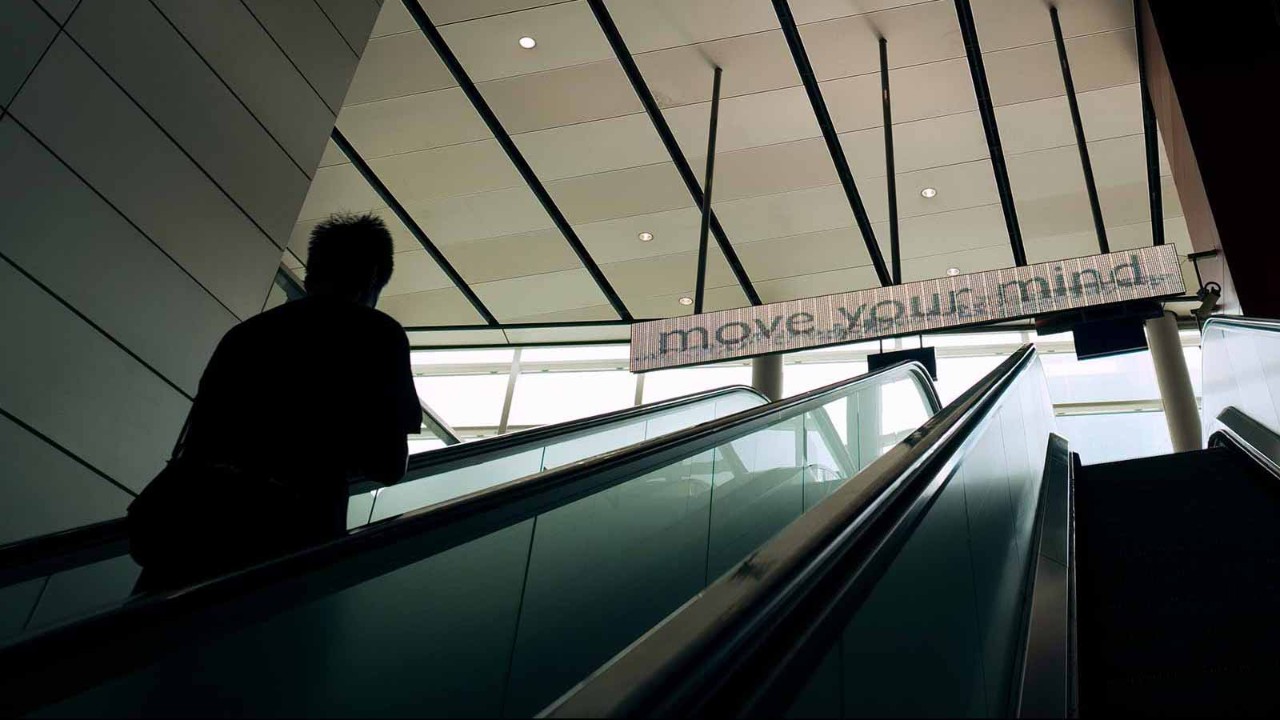
Embarking on a career change can be as daunting as it is exciting. And it seems to be a trend. According to the World Economic Forum, 4.4 million Americans quit their jobs in September 2021, exceeding pre-pandemic numbers for six consecutive months. A study by Microsoft also found that 41% of the global workforce were considering leaving their employer last year.
Many of us want more meaningful work, and much more flexibility. So how do you go about pivoting when you’re mid-career, maybe mid-life, with decades of experience and a desire for change?
Know that you might never feel ready for change – try asking yourself, if not now, then when?
I’ll assume you’ve considered the fundamental factors, such as your motivation for change (for example, are you seeking autonomy, to share your technical expertise, or express an entrepreneurial flair?) and the type of contract that would suit your lifestyle (part-time, voluntary, interim?).
I’d like to invite you to reflect upon the many demands of such a move. After all, change affects us in myriad ways. To help you enjoy this part of your journey, here are six things to consider when making a career-changing decision.
Stay well
The popular view is that marriages, births and moving home are among the things we find most stressful in life – and yet these are changes we choose to make. With career change, in whatever guise, as well as excitement, it can bring increased stress, which in turn affects our physical health as well as reducing confidence in our abilities.
I could simply urge you to eat healthily and sleep well, but few of us manage this even when we aren’t going through a life-changing career transition. Instead, I’d like you to be specific about what you can put in place to support yourself.
Try creating a weekly planner that includes all your basic needs with a timetable of activity – when and where you’ll do your food shopping, the time and location of exercise classes (you’ll be needing to burn off the additional stress-induced adrenaline), when and where you’ll see friends and family.
Career change can bring increased stress, which affects our physical health and reduces our confidence in our abilities
Be prepared
If you have already committed to a change and have a plan in motion, I bet you also have the voice of doom in your head listing all the dreadful things that can happen as a result. Suddenly, your initial excitement about the future is drowning in a flood of irrational fears. This starts a cycle of self-doubting thoughts and self-sabotaging behaviours – it can be tempting to procrastinate or back-pedal.
Please know that this is normal. Stepping out of your comfort zone, your safe place, can activate the amygdala, which sends your brain and body into ‘fight-or-flight’ mode. This is a neural and physiological response to a threat. It just so happens that your brain and body are behaving as though the threat is real and to your life. But it is not: it’s a just decision you’ve made to change your career path. There’s no real threat here, but your amygdala doesn’t know this.
You can counter this overreaction by activating the neocortex – the more logical part of the brain. One way to do this is to write down all of your concerns (for example, you’ll fail and humiliate yourself, get fired or lose your income). Then write a list of all the realistic consequences. By restoring this balance you will feel more in control, which will also reduce stress.
Know your cycles
Use your natural energy levels to your advantage. Divide your time into chunks of low, medium and high levels, and plan accordingly. There’s no advantage to you staying up late at night if you are naturally more alert in the morning.
Mapping your hormonal shifts can also give you an advantage. For example, men have higher levels of testosterone (the hormone associated with feeling confident and competitive) in the morning of each day, whereas a woman’s testosterone peaks in the middle of her cycle.
Knowing and working in alignment with your hormones and energy levels – for example, when scheduling meetings or difficult conversations – could enhance your productivity and enjoyment of your role.
Forgive the naysayers
As well as having your own internal naysayer, the inner critic, you may have people in your life who do not wholeheartedly support your decision for change. There are many reasons for this: they may be trying to protect you from making a mistake that you will regret or they may be jealous (perhaps they don’t have your level of courage); they may not even realise they are naysayers.
Instead of listening to naysayers, try to control the dialogue. Avoid the subject in their presence or explain you’d rather talk about something else – or subtly refocus the conversation back on to their lives.
Find cheerleaders
You’ll inevitably need one or two cheerleaders who absolutely have your best interests at heart and want to support you in whatever decisions you make for yourself. Spend more time with them. Bring them along your journey. Encourage their interest by updating them on your plans. This way they’ll also be in a better position to support you if and when you need it.
Take a reality check
Take a moment to check in with yourself. Are you worried that you’ll regret this change? Are the naysayers’ concerns valid? If so, what can be done to mitigate these? Try to imagine turning down this opportunity. Would you feel like you’ve missed out or be glad to have avoided a potential disaster? Know that you might never feel ready for change – try asking yourself, if not now, then when?
More information
Visit ACCA’s wellbeing hub for advice and support on mental health and wellbeing at work
See ACCA’s jobs board





